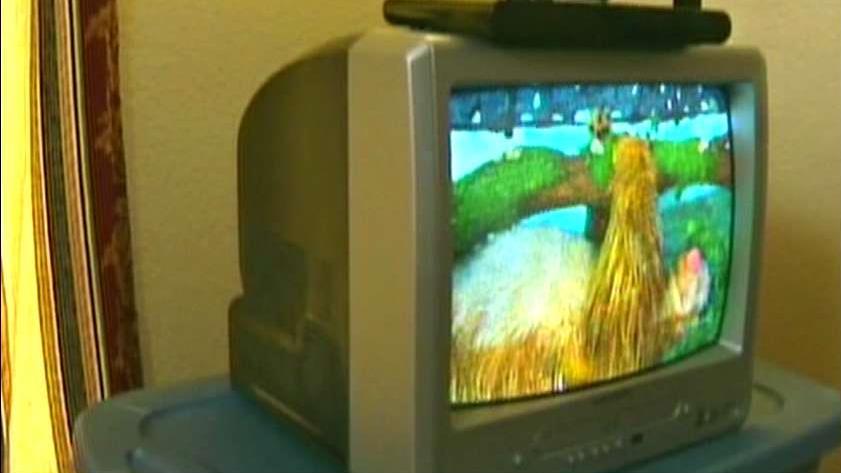Reality TV’s producers Face Decreasing Wages, Tougher Working Conditions
There’s no business like show business.
But if you are a reality television producer, show business has become more about survival and less about getting rich chasing your dreams in Hollywood.
"When I worked on ‘The Bachelor’ for five seasons, at the time a lot of us were being woefully underpaid,” reality television producer Jon Collins told FOX Business.
Collins is one of many in Hollywood working long hours producing your reality show favorites under stressful working conditions.
“At one point on ‘The Bachelor,’ I was working as a post-production coordinator — 65 hours a week — making $850 each week, which is probably less than half of what that position should be paid, and I was not paid a shred of overtime.”
ABC, which broadcasts "The Bachelor" declined to comment.
The challenges don’t stop with the undervalued salary, many are asked to work long hours and endure other unfair practices.
"They will pay you a weekly salary, without giving you any overtime, but if you are sick or miss a day, they dock your pay for the time you are out,” Collins said.
He eventually had, had enough on one show: "I quit," he said.
With the explosion of streaming services like Apple+, Disney+, Hulu and Netflix all spending large amounts of cash for binge-worthy classics like "Friends," "The Big Bang Theory" and original scripted content, like "Stranger Things" or "The Handmaids Tale," reality TV production is becoming a casualty of the industry.
"Scripted television has exploded over the last few years and a lot of the streaming networks, have been slow to add reality programming onto their services,” Collins says. “Also, reality TV has been around for a while so a lot of the shock value is gone. So a lot of people are watching it less and less.”
"We are all getting squeezed in reality TV but there is plenty of money in the industry," Collins said. "If HBO Max can pay $500 million or whatever they paid for ‘The Big Bang Theory,’ then certainly reality TV producers can be paid a fair wage too."
Without a script, it is up to the producer to create engaging plotlines for reality shows like "Keeping up with the Kardashians" or "Project Runway." But the reality producer is not compensated the same as a writer on a scripted series who may enjoy residuals for years after writing a show.
"I am getting paid for my creative ideas and storytelling powers, then when the show airs on streaming services here or overseas, all these companies and networks are getting paid off of my work, I don't," Collins said. "I don't get any residual payments for my work even though my episodes of 'Project Runway' are on Hulu right now, people watch them, and I don't get any money from that."
Residuals would be just the beginning of creating a more fair wage for producers.
"Budgets are getting smaller and smaller. So in order to continue to make a profit, they are taking out the smaller budgets on the people who are working on the shows. This is not just happening to story producers, but to field producers, editors and all positions on shows,” Collins said.
Another part of the problem for freelance producers in Hollywood is that there is no organization amongst workers. A union for reality show producers could be part of the solution, he said.
"With reality producers, there is no union, so there is no set level of payment; there is no one checking on our working conditions," Collins said. "The production company will offer someone $1100 for a producer job that should earn $2500 a week because they know someone will take it. They will think they are doing you a favor just because they are offering you a job producing Kardashians, but it really isn't a fair wage.“
Benefits, insurance and retirement are also a concern for producers like Collins."Most of us are freelance, so we are paying for health insurance out of pocket, we don't get paid time off, no 401k, so having some sort of traveling set of benefits would be beneficial too."
CLICK HERE FOR MORE ON FOX BUSINESS
"I really love what I do, I love my job, I love making television, this is what I dreamed about as a child which is why I got in the industry in the first place, but I also want to be a good example of how people should be treated," Collins said.




















